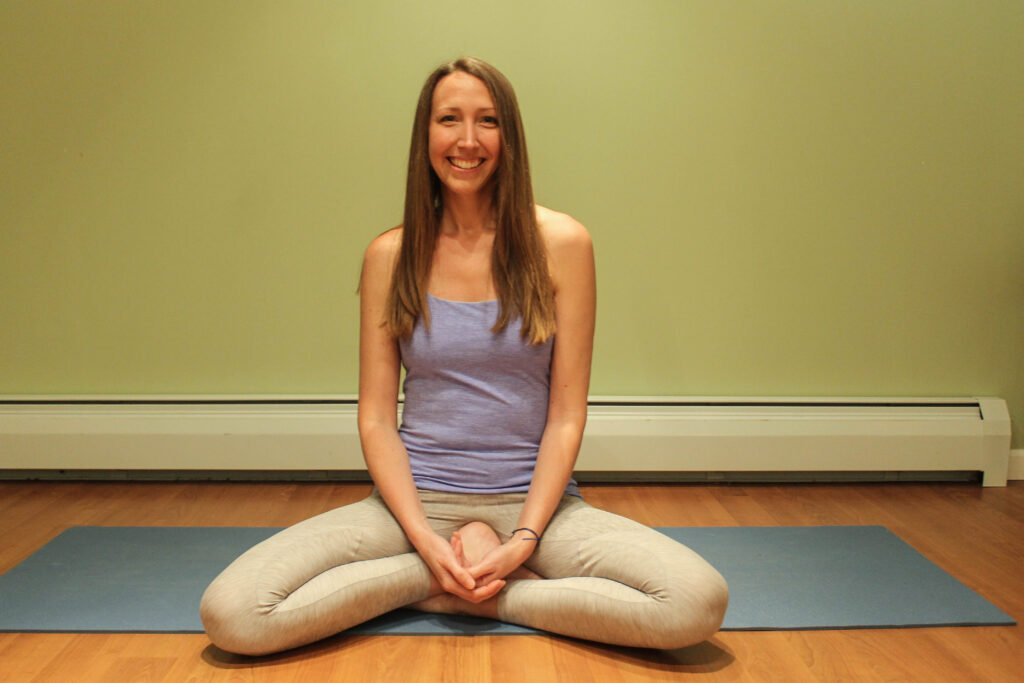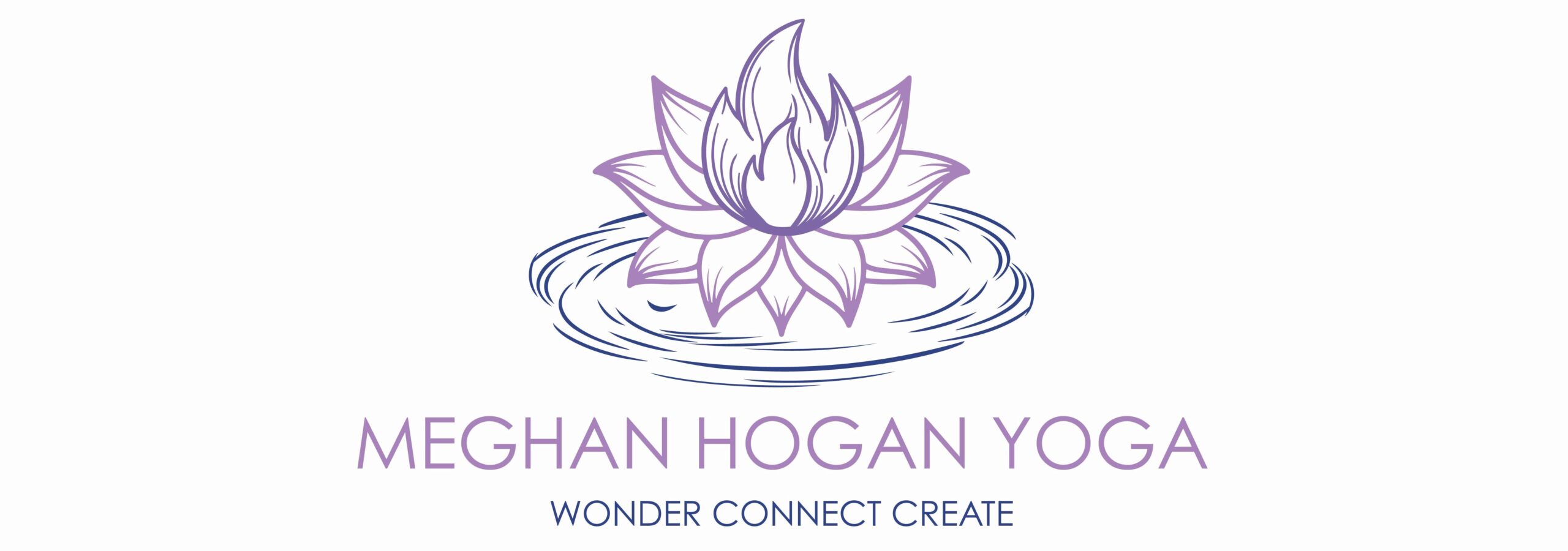This week’s exploration of the yamas (restraints within the ethical precepts of yoga practice) brings us to asteya.
Asteya translates to non-stealing. Vichara is a yogic self inquiry practice that aims at taking one to the root or source of an action.
We could ask the question, “What underlies the propensity to steal”?
What are the contributing circumstances?
The attendant feelings?
The desire that propels that action?
The question extends beyond taking material objects to taking time, attention, information, ideas and the like without consent or attribution. Sometimes taking something that is not ours is intentional and other times it is not. An example that comes to mind is a careless act of inattention such as leaving a shopping cart in the middle of a parking space or leaving trash on the ground, thereby calling on someone else’s time and energy to place the item where it belongs. It’s possible there is no harmful intent accompanying this action and yet it prioritizes one’s own time over that of another.
Exploring asteya can lead us to becoming more considerate and careful with our actions.
The practice of yoga returns us to the remembrance that we are not separate from each other. Rather, we are interconnected and interdependent beings. While hoarding, stealing, coveting and greed arise from a state of contraction and separation, generosity flows through actions sourced from the expanded state that is remembrance of our oneness and inherent wholeness.

Here are some thoughts on yoga and cultural appropriation from Indu Arora, Ayurveda and Yoga Therapist. She speaks with Inner Peace Yoga Therapy about her perspective as an Indian woman growing up on the culture that created yoga then moving to the United States and what she has observed of the yoga boom in the U.S.
The Yoga Journal article that is referenced in the podcast is here.
I am interested to hear from you about any experience you may have in the practice of non-stealing. Have you made any shifts in your behavior as a result of this practice?
Citations:
Vichara Inquiry: Lauren Toolin, Yoga Vidya 200hr Yoga Teacher Training
Satchidananda. The Yoga Sutras of Patanjali. Integral Yoga Publications. 1990.

Meghan Hogan, E-RYT 500, CCC-SLP is Lead Faculty for the Yoga Vidya Teacher Training and In-Depth Studies program, a Speech-Language Pathologist supporting preschool children with disabilities and their families, a wife and mother.
Her mission in sharing yoga is to provide caregivers of all walks of life tools for self-care and stress management.

